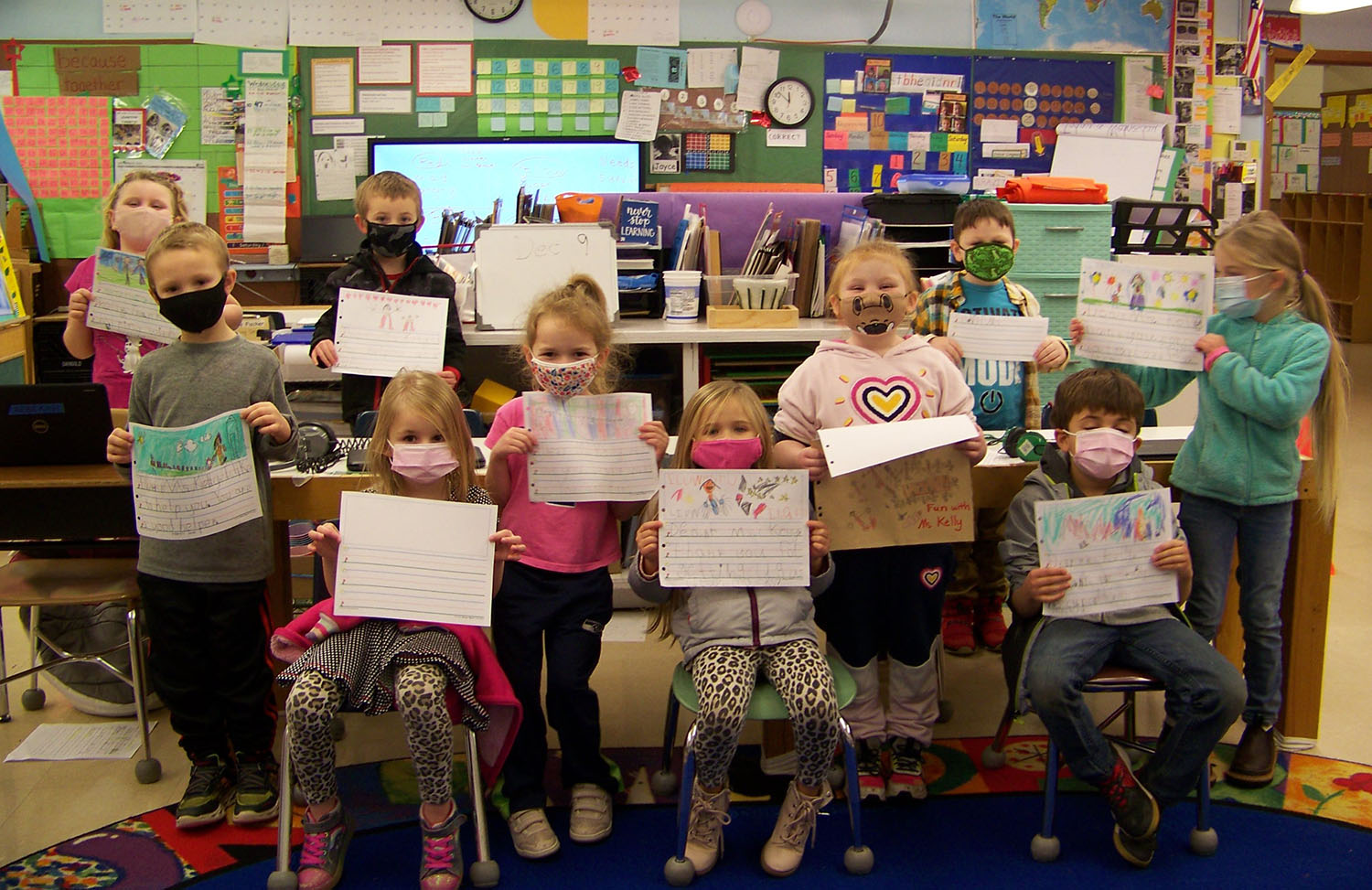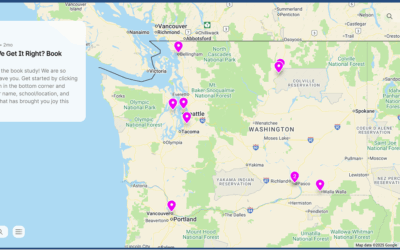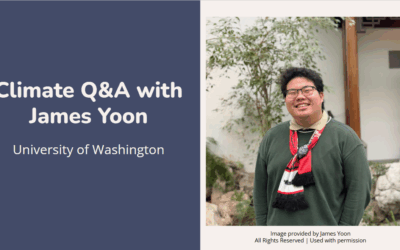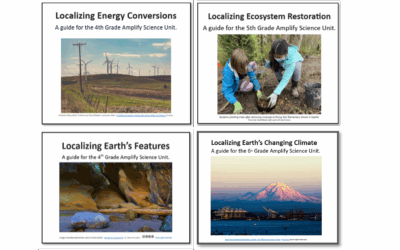From high school students calculating the sea level rise resulting from climate change to kindergarteners tackling plastic pollution, EarthGen’s professional development workshops are bringing environmental learning and action to Washington classrooms. “Living with Rising Seas” prepared teachers to explore factors that impact ocean habitats and coastal risk in Washington.
Through a series of virtual sessions, teachers explored the environmental factors contributing to the risks experienced by coastal communities in Washington. Guest speakers included Dr. Kat Huybers, a climate scientist at the University of Washington, and Mike Chang, an expert in climate vulnerability assessments and climate adaptation and action planning with Cascadia Consulting. They presented data that explains how climate change – as well as uplift and subsidence; land management; and erosion and flooding – create coastal hazards. Teachers also learned about adaptation and mitigation strategies that can improve coastal communities’ resilience.
According to B.G. Lohman, a preschool and kindergarten teacher at Mary M. Knight Elementary School on the Olympic peninsula, “The interactive map and learning about the incremental warming from the UW professor were very cool for me to learn. I used the training with my class, but I also shared the map and websites with my friends.”
EarthGen hosted the workshops in partnership with Olympic ESD 114 and teachers from communities throughout coastal Washington attended. They benefited from resources appropriate for a wide range of grade levels that they can apply to meet their own classrooms’ specific needs. For example, Kym Alexander, a teacher at Battle Ground High School outside of Vancouver, used a digital teaching module from NOAA to help her students calculate changing sea levels and develop hypotheses to explain the data. At the same time, Lohman’s young students met kindergarten science standards in their discussions about marine debris.
See EarthGen’s website for information to connect with more professional development opportunities focused on local climate impacts and solutions.




